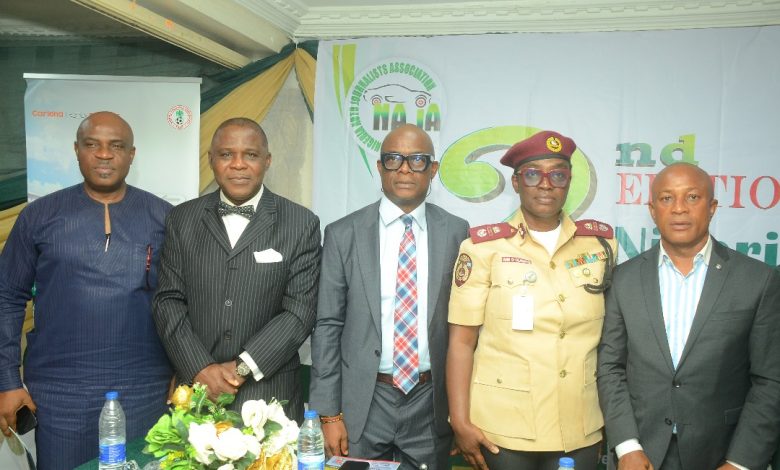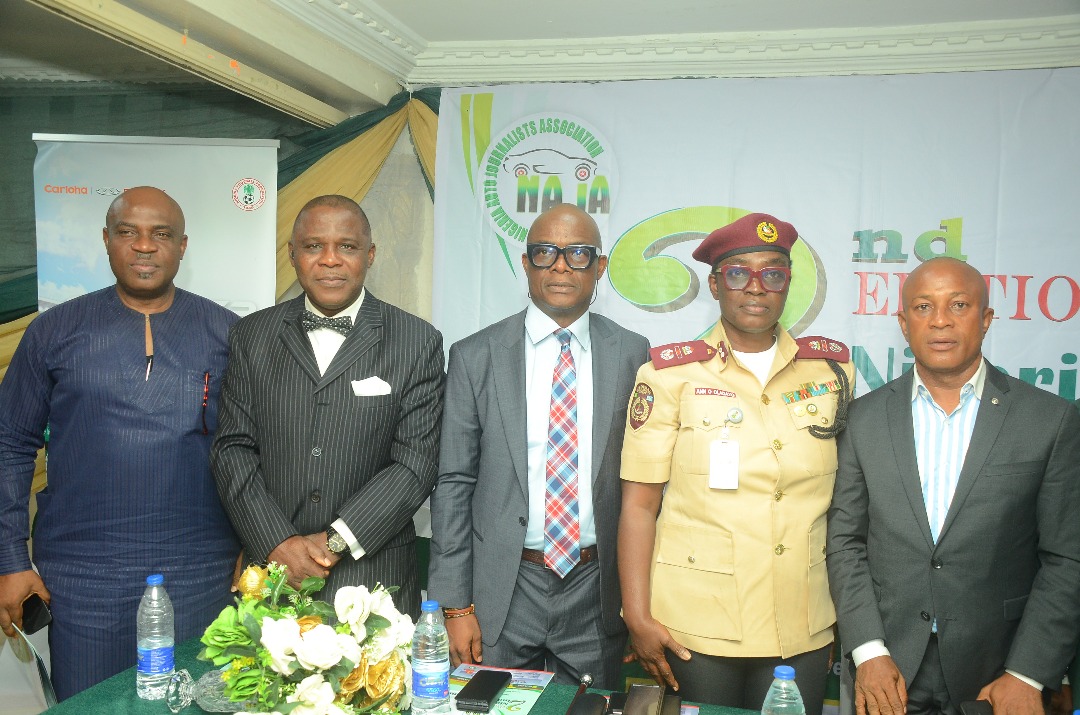SON Bolsters Nigeria’s Automotive Sector with Robust Standards and Local Innovation


By Daphne Uduneje
The Standards Organisation of Nigeria (SON) has reaffirmed its dedication to enhancing quality control and fostering homegrown innovation in the nation’s automotive industry, a pivotal driver of economic growth.
Speaking at the 2nd Nigeria Auto Industry Summit in Lagos on Thursday, Engr. Sodiq Abayomi Damola, Head of SON’s Mechanical Testing Laboratory, represented Director General Dr. Ifeanyi Chukwunonso Okeke.
Damola emphasized SON’s pivotal role in upholding rigorous standards to ensure the safety and reliability of automotive products while championing local manufacturing to reduce reliance on imports.
Damola highlighted SON’s efforts in crafting Nigerian Industrial Standards (NIS) through its Road Vehicles Technical Committee, which includes key players from the automotive ecosystem. Once formalized, these standards serve as enforceable benchmarks to guarantee the quality of both locally produced and imported automotive goods.
SON’s dual programs, the Mandatory Conformity Assessment Programme (MANCAP) for domestic products and the SON Conformity Assessment Programme (SONCAP) for imports are designed to ensure compliance with national quality standards, safeguarding consumers and supporting industrial growth.
Damola raised concerns about the influx of counterfeit vehicle parts through Nigeria’s porous borders, which poses risks to safety and undermines local manufacturers. Backed by the SON Act 2015, the agency is empowered to inspect facilities, confiscate fake products, and pursue legal action against violators.
To strengthen enforcement, SON is intensifying collaborations with other agencies and raising public awareness about the dangers of substandard components through targeted campaigns.
Echoing the summit’s “Nigeria First” theme, Damola underscored the importance of boosting local content to drive job creation and economic self-sufficiency. He cited homegrown success stories like Innoson Vehicle Manufacturing and NORD Automobiles as evidence of Nigeria’s potential to produce world-class vehicles.
SON is working closely with agencies such as the National Automotive Design and Development Council (NADDC), NASENI, Customs, and the Federal Road Safety Corps to foster compliance and innovation.
Empowering Skills and Innovation To nurture talent and technological advancement, SON is supporting training initiatives for engineers, artisans, and mechanics, while partnering with educational institutions to integrate automotive-focused curricula.
The agency is also promoting research into electric vehicles and alternative fuels like compressed natural gas (CNG), alongside efforts to certify locally developed technologies.
Damola called for greater collaboration among government, industry, academia, and civil society to advance Nigeria’s automotive ambitions. “By prioritizing local content and collective action, we can transform Nigeria into a hub for automotive excellence,” he said, urging stakeholders to join the National Technical Committee on Road Vehicles to shape the sector’s future.


